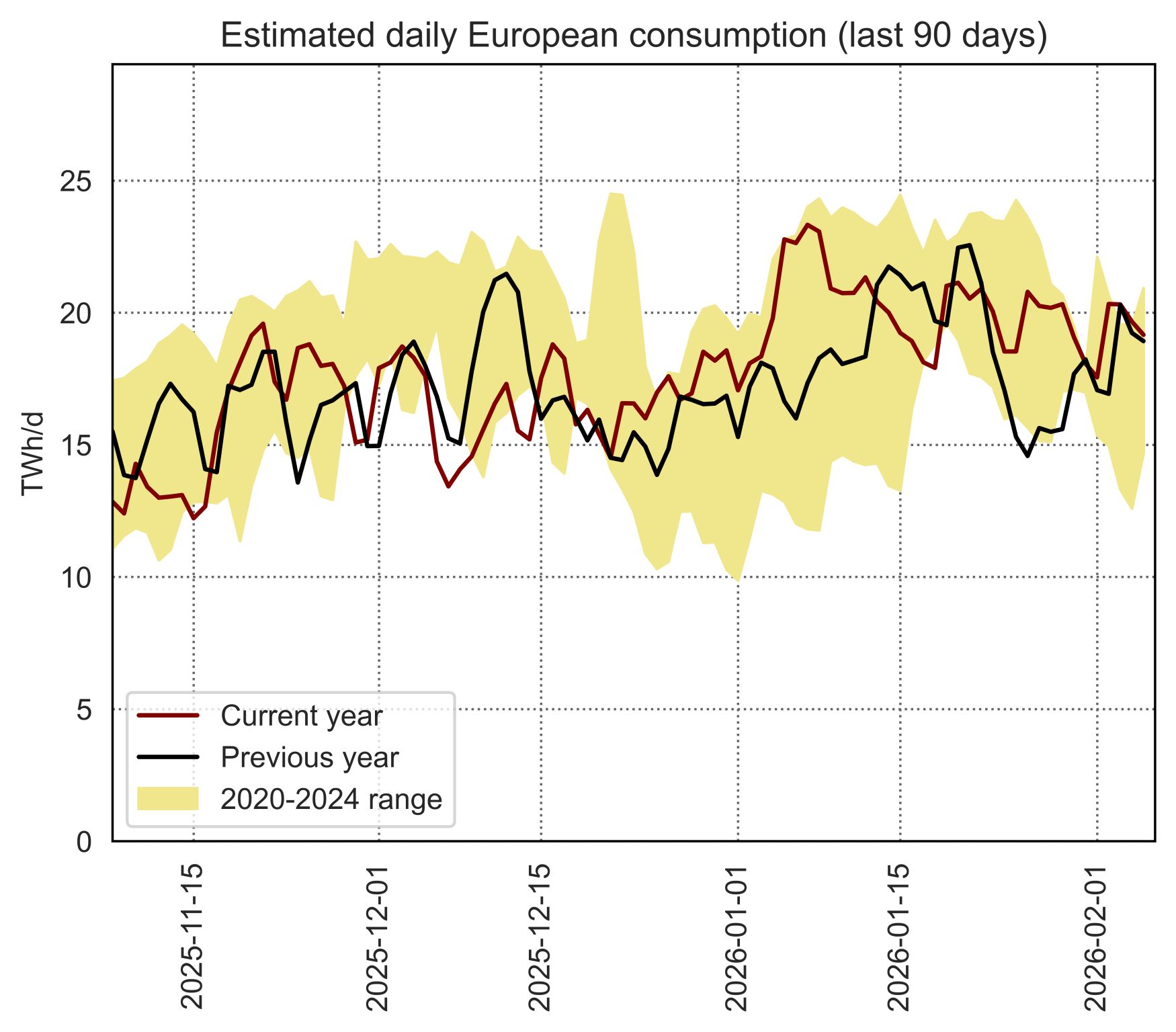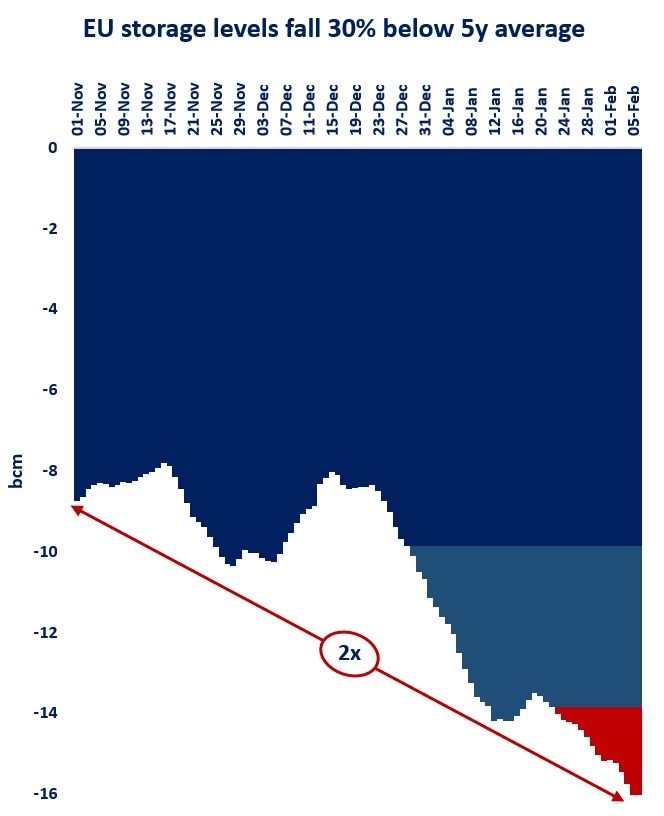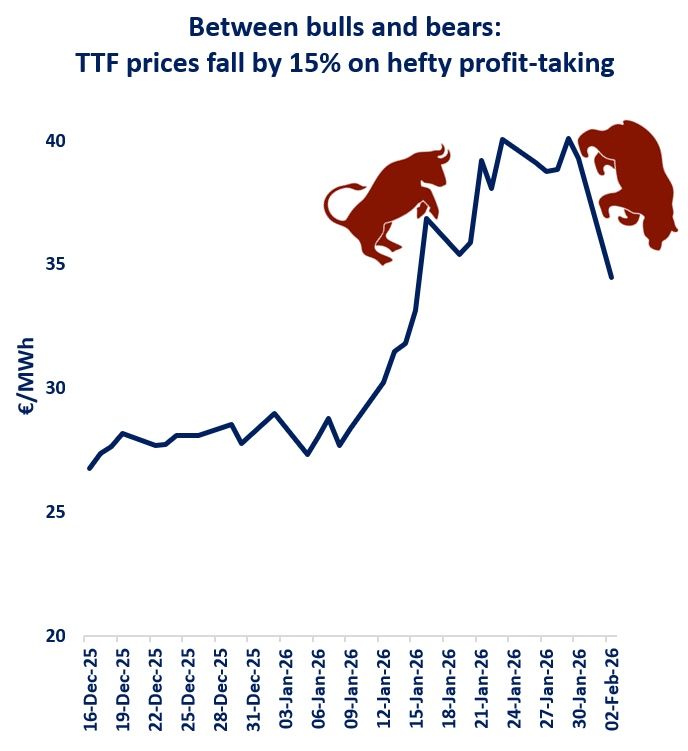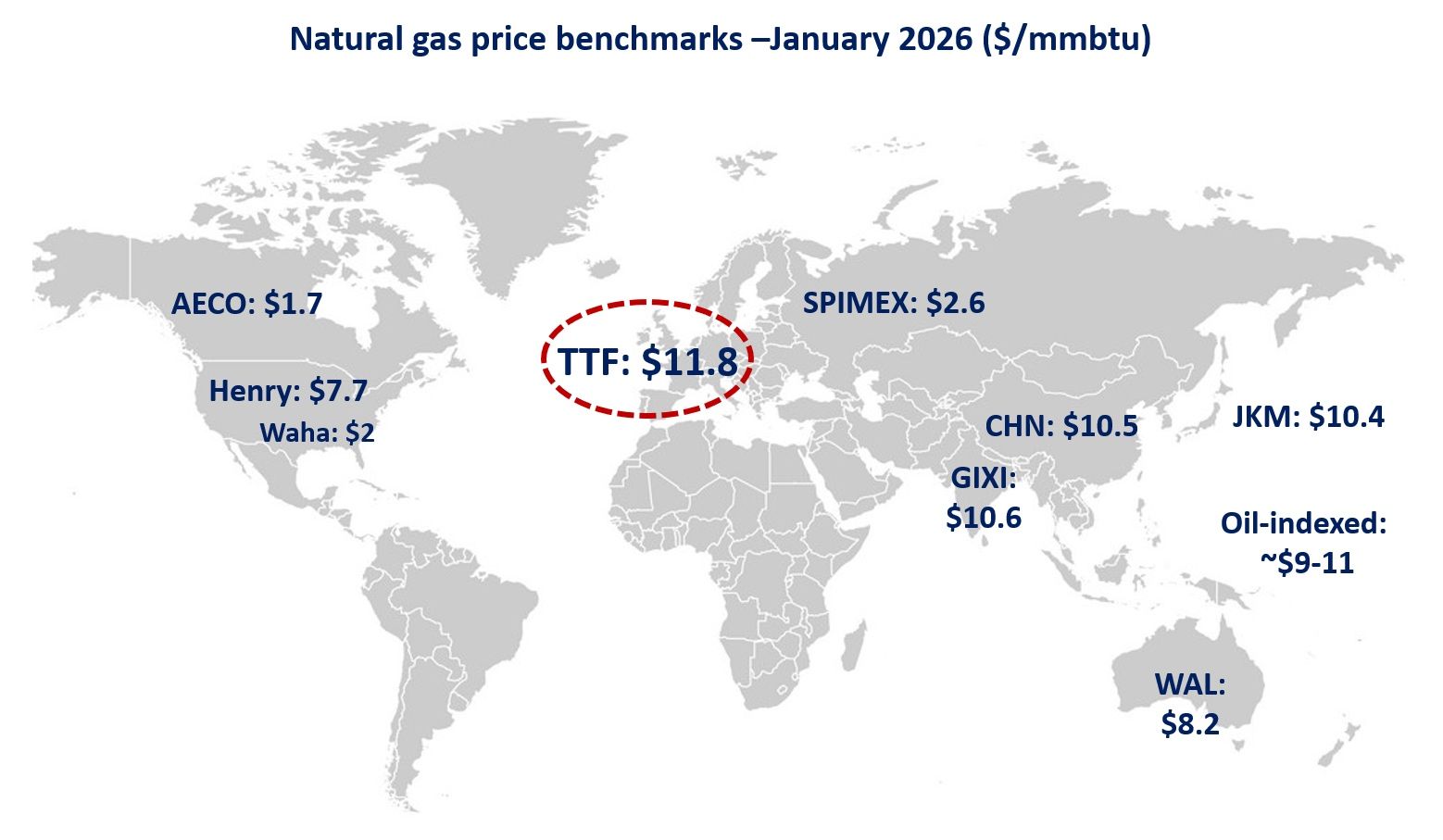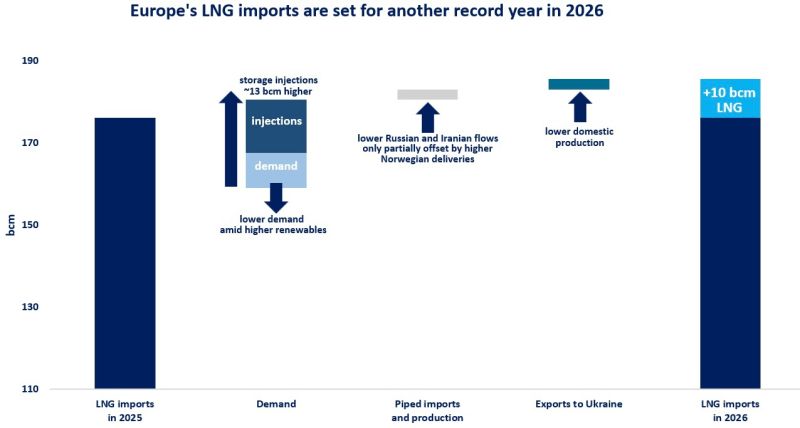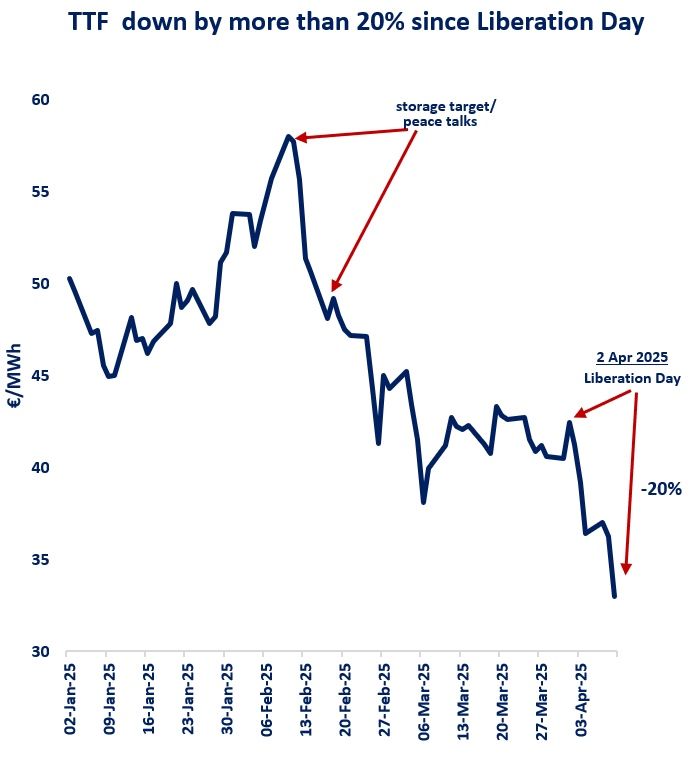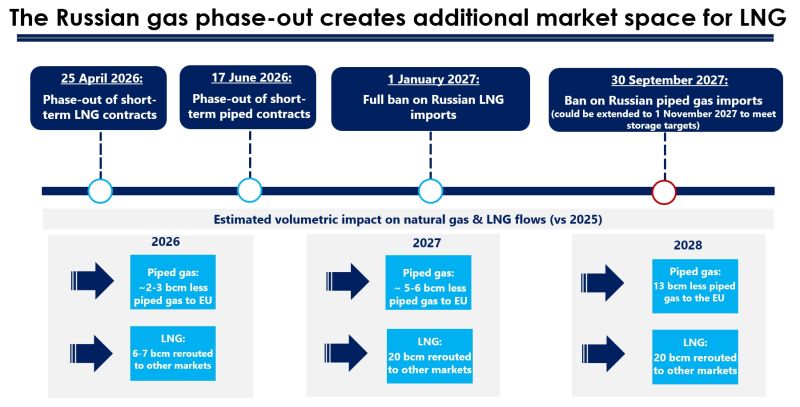
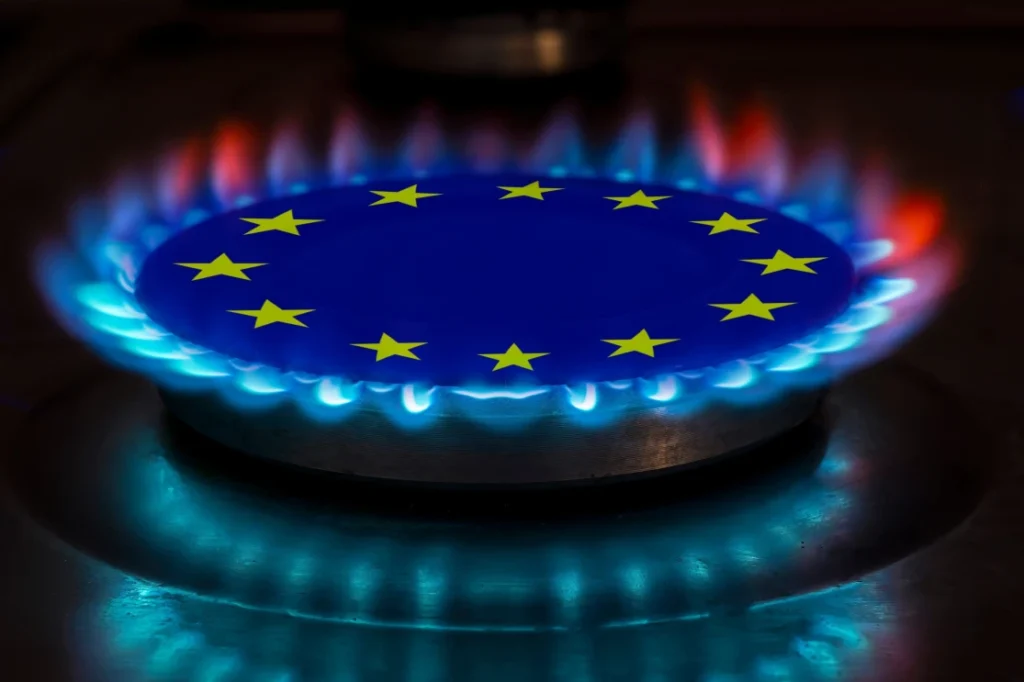
EU cross-border gas transport tariffs have risen by around 40% over the past three years and could increase further amid declining demand for the fuel and reduced network use, energy regulator Acer said on Tuesday.
Gas demand within the bloc has fallen by more than a quarter since 2021, causing reduced cross-border gas flows and resulting in some capacity contracts not being renewed, Acer said its 2024 monitoring report on European wholesale gas markets.
This has resulted in increased tariffs so operators can recoup losses.
The discontinuation of Russian transit flows had also played a part, Acer said.
The need to accommodate changes in flow direction led participants to shift their booking strategies to more expensive, shorter-term capacity bookings, it added.
Future increases
Future increases in transport charges would hinge on demand trends, asset depreciation and decarbonisation plans, Acer noted.
Tariff increases may be tempered for transport infrastructure for which TSOs have already obtained a return on investment and for which costs have been amortised, according to Acer.
“If investments remain modest, this could mitigate the upward pressure on tariffs in the coming years,” it added.
Acer stressed the importance of monitoring the effects of tariff changes on cross-border trade and market integration.
Reduced gas-fired generation has so far been the primary reason for the drop in capacity use, with Acer pointing to a 12 TWh (1.1bcm) year-on-year drop in gas-fired generation in the third quarter of 2024.
However, reduced network use could extend to the distribution network if the electrification of households’ heating was widely deployed, it warned.
The rise in tariffs had not yet had a significant impact on wholesale gas prices, Acer noted.
Source: Fatima Sadouki, Montel

